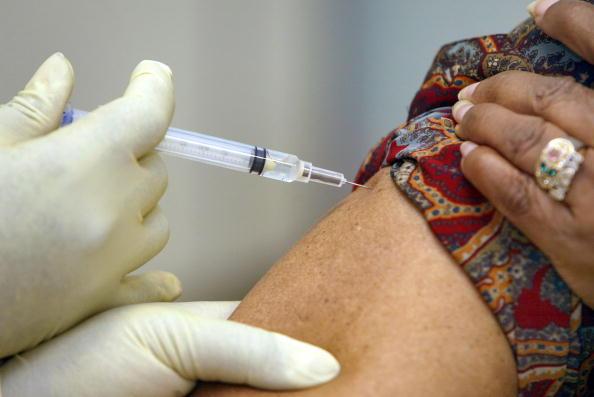The Department of Health and Human Services (HHS) is proposing to remove shoulder injury related to vaccine administration (SIRVA) from the National Vaccine Injury Compensation Program (VICP), denying compensation for thousands of adults suffering from shoulder pain after receiving a vaccine.
SIRVA is an injury to the shoulder that occurs within 48 hours after a vaccine is given to individuals with no prior history of a shoulder disorder. The injury may cause intense pain, weakness, stiffness, and other shoulder-related injuries like bursitis or ulnar neuropathy.






